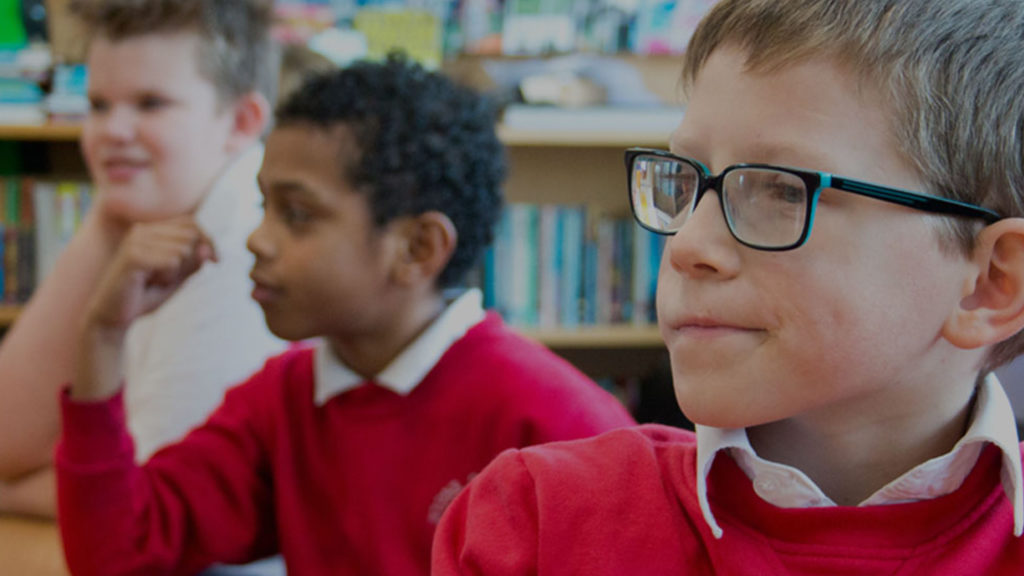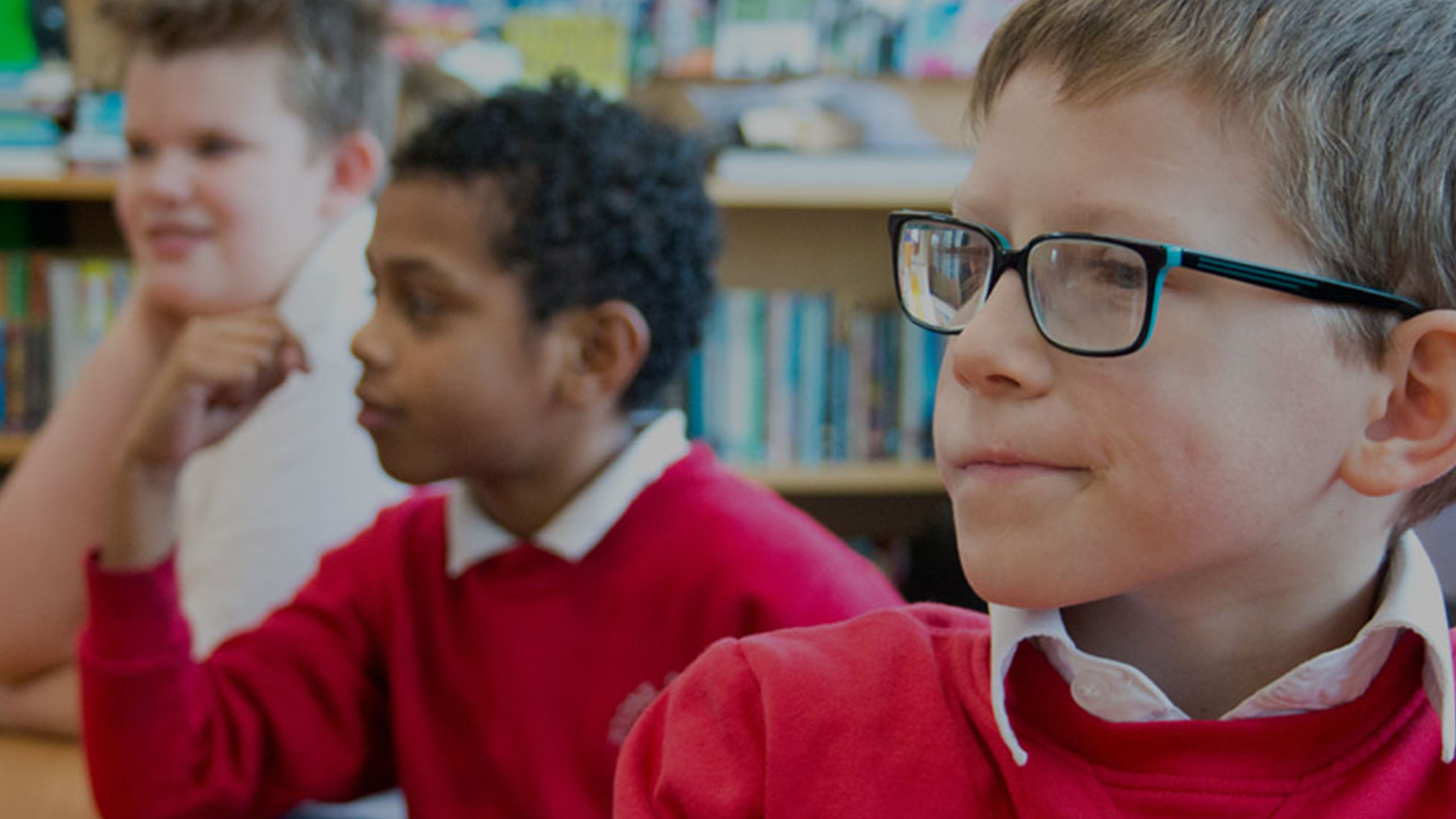Your toolbox for taking the most challenging students on trips

Most schools offer a really good range of after-school and enrichment activities for their students. Additionally, children in all year groups are given opportunities to go on regular trips throughout the year.
That being said, often the most challenging students miss out on these trips as their behaviour can be too unpredictable and few teachers are prepared to take these students out of a school environment.
In alternative provision, we have had our fair share of atrocious conduct on trips: embarrassing, out-there, horrendous behaviours by students who just don’t know how to behave appropriately in public. We have also had to stop some students from going out for a limited period of time, but we keep trying.
However, despite some fairly mortifying incidents, we continue taking our students out as we believe they need to be exposed to real life situations, where people behave in a civil manner, where mainstream people go and function without incidents.
Some of our students have, for a variety of reasons, never been in central London, despite living a very short way away on public transport. They have not heard of the Notting Hill Carnival, they have never been to Trafalgar Square or China Town.
“They live in one of the most exciting cities in the world and are, yet again, excluded from the things we take for granted, making them feel further alienated from the society we expect them to function in.”
Our students don’t have access to museums because they have no one to take them. Their parents are too poor or too busy themselves to take them. Their mothers have their hands full bringing up other children, they don’t have the funds or the knowledge on where to go or why they should even take them.
These children end up spending most of their time outside in the streets, easy prey to exploitation and abuse. If their schools don’t take them out to see the wider world, who will?

There are many strategies schools can use to minimise the risk of negative behaviours out on trips. Trips with challenging students need to be meticulously planned, with carefully chosen staff who know the challenging student well and can manage their behaviour should they need to.
Trip organisers need to have an exit strategy so that should it be necessary, someone can take the student on a time out or even back to school.
However, the most important thing is to talk to the students beforehand, explain to them what you will do, where you will go, how you will get there, who will be coming and how you need them to behave.
Students with challenging behaviours often have undiagnosed learning needs that make them act out when they’re in unfamiliar situations, which in turn make them feel stressed with a feeling of loss of control of their surroundings.
Get them to buy into your ethos on how important trips are and that you need to be able to rely on them.
Explain what will happen if they start struggling and how you will support them. Ask them what they think might happen when they start to feel like acting up and what they might need from you to ensure the trip goes smoothly.
Have a tight plan on what to do if it doesn’t go well, i.e. a parent’s number on speed dial to speak to their child and get them to reign it in until you get back. Make sure you have a member of staff who knows them well and could, if it goes wrong, take them back to school.
Once all these strategies are in place, there is no reason not to try – all kids deserve to be taken out, and the most vulnerable and challenging students just need a bit more support and planning.








Responses